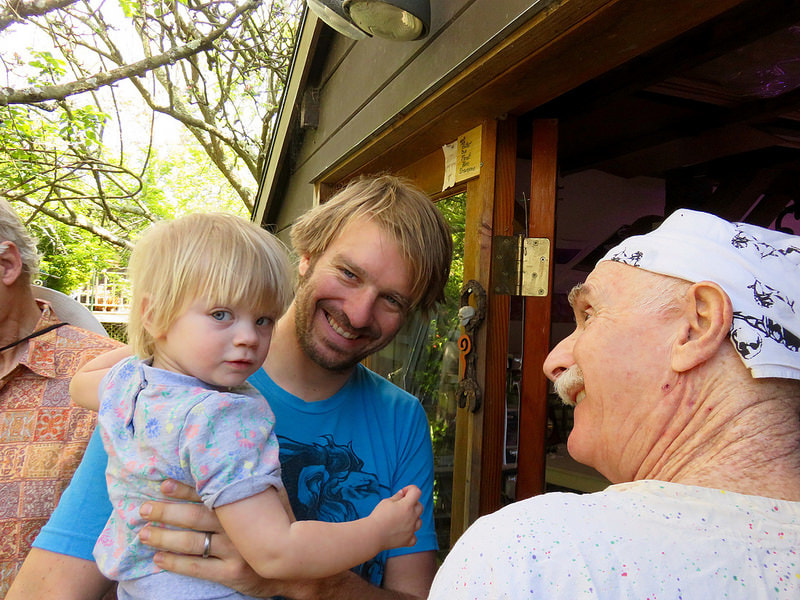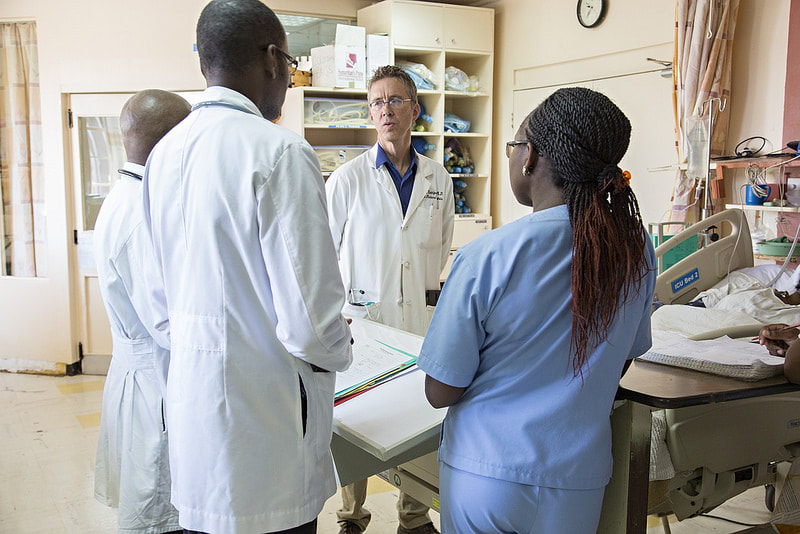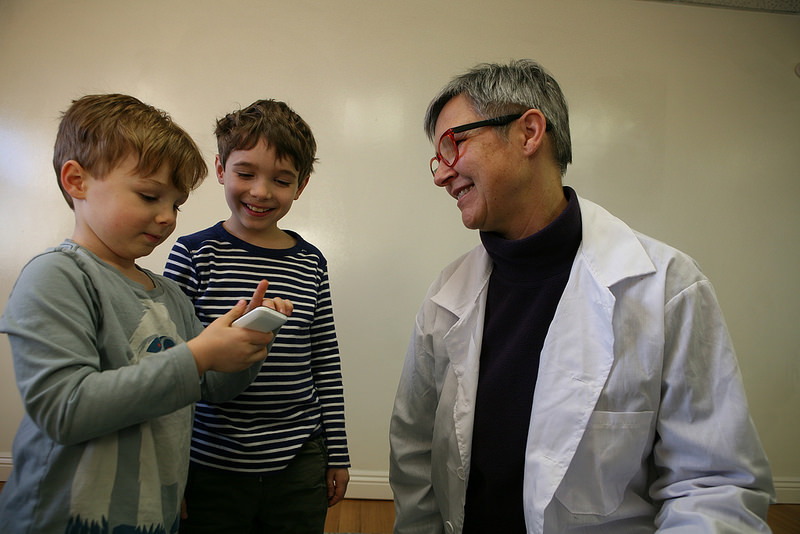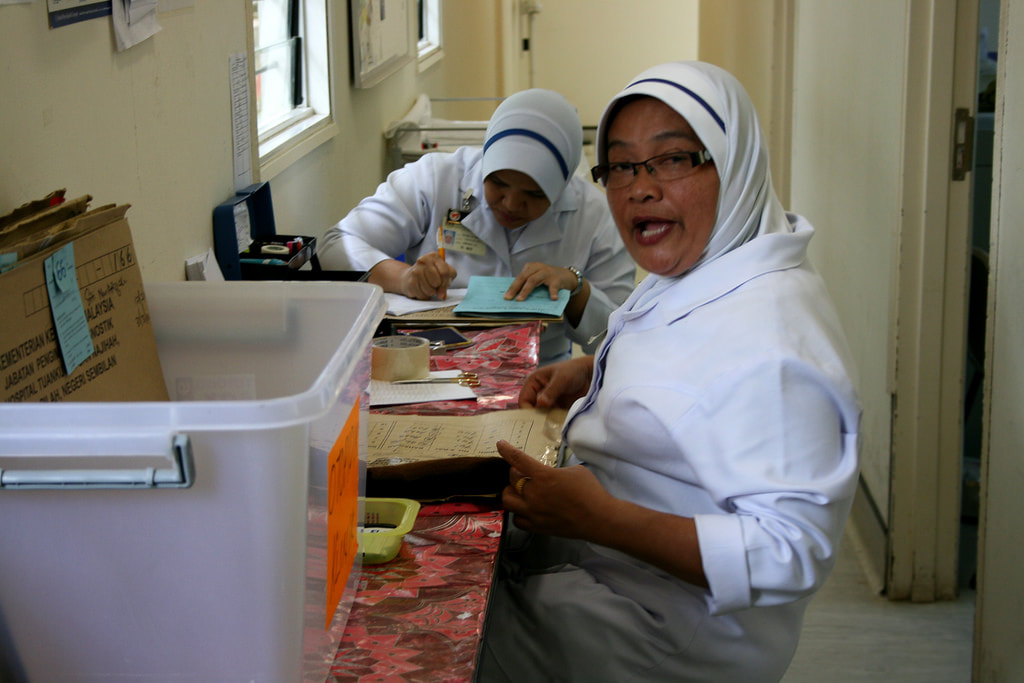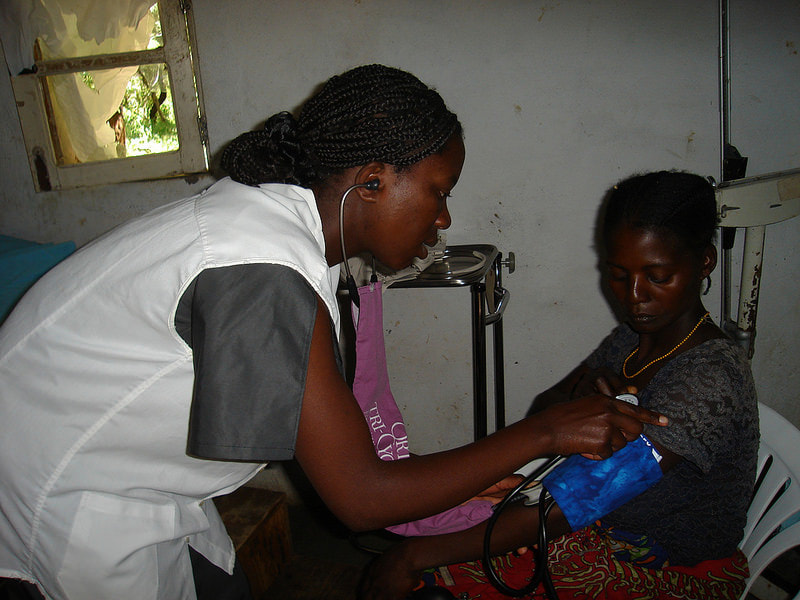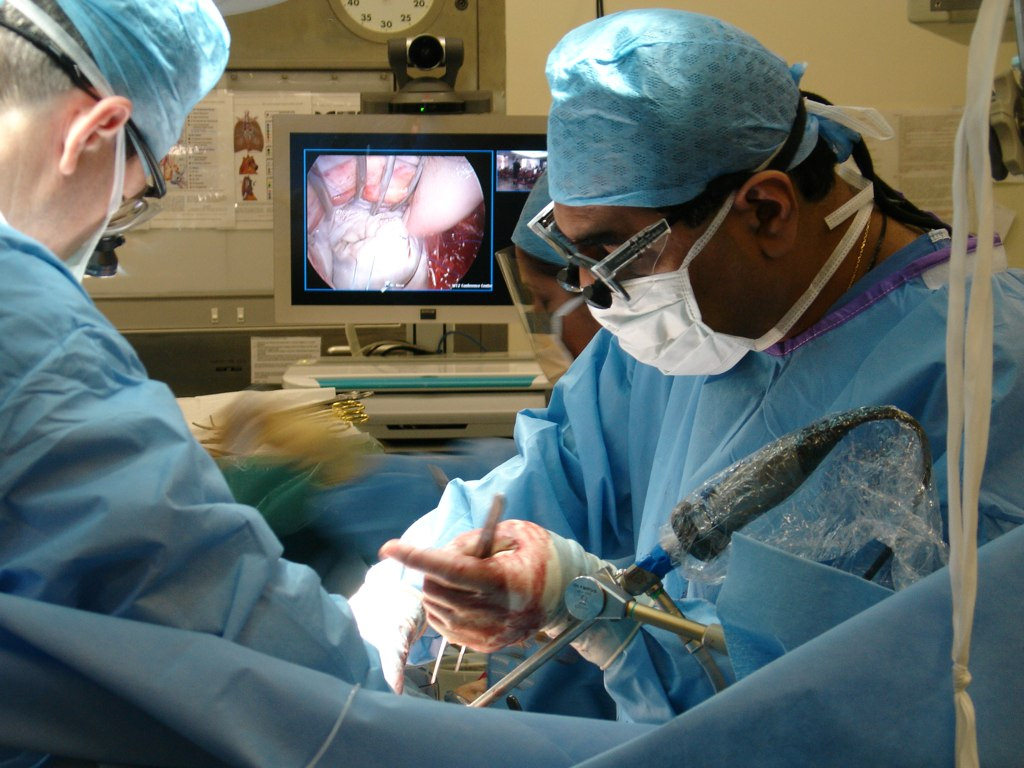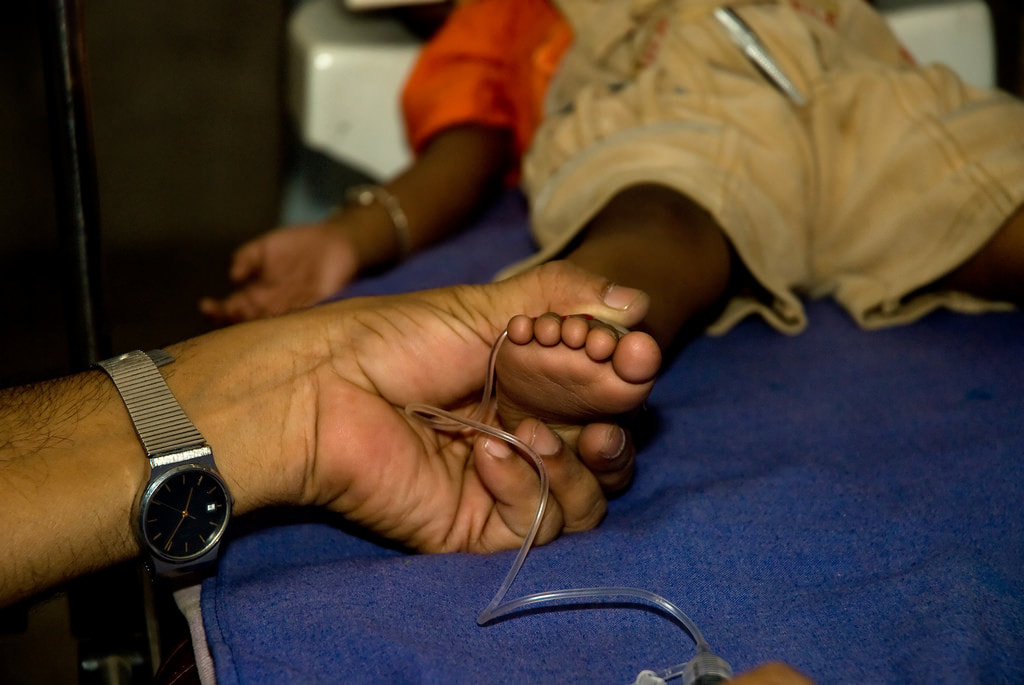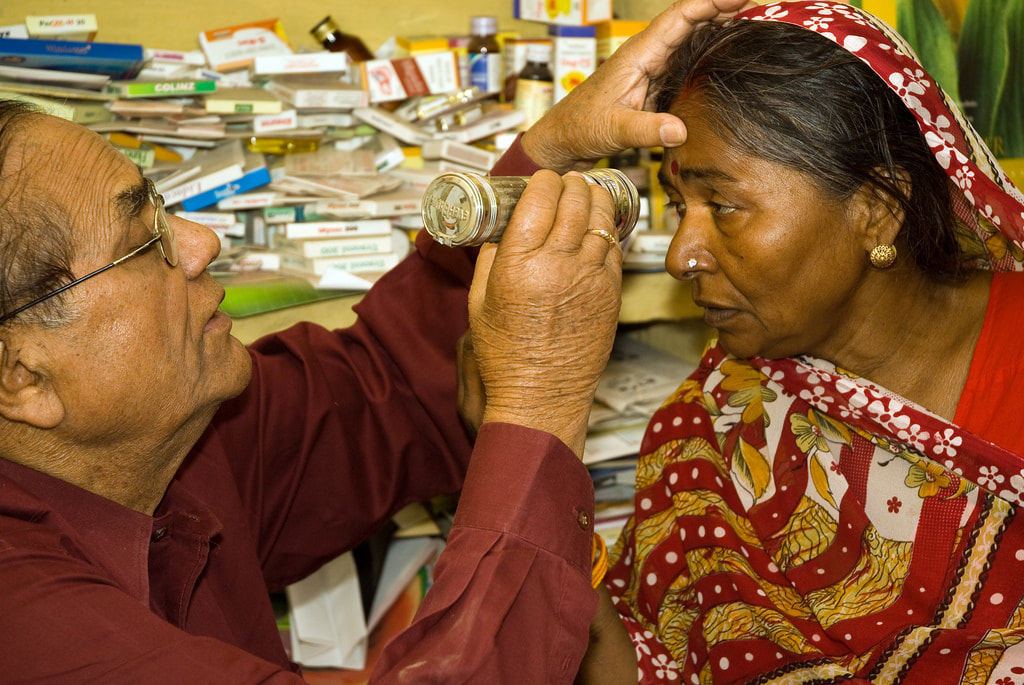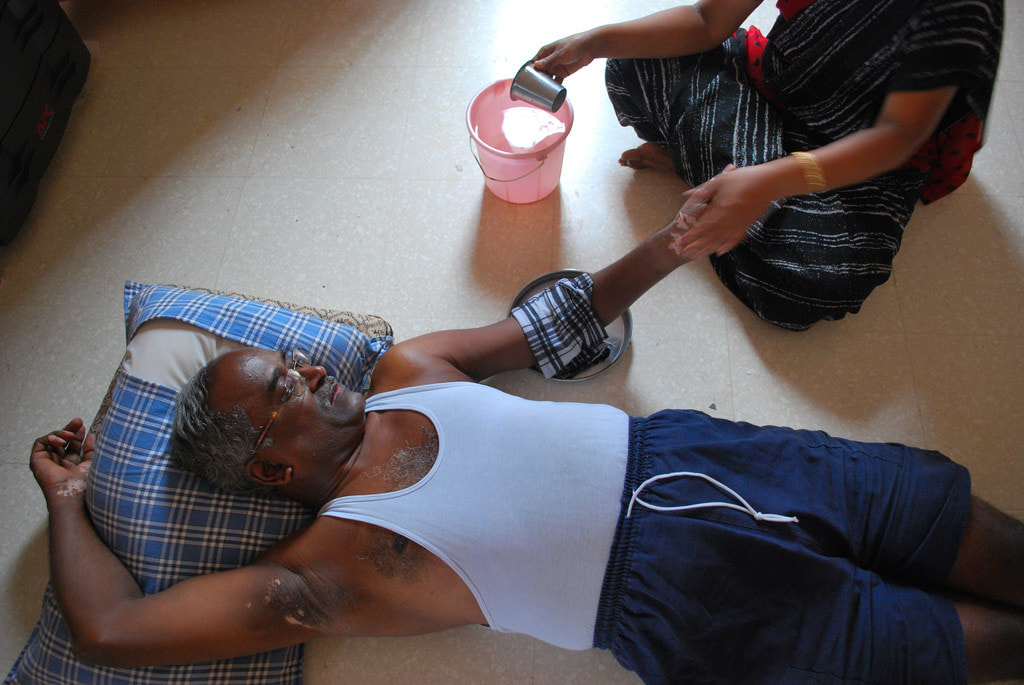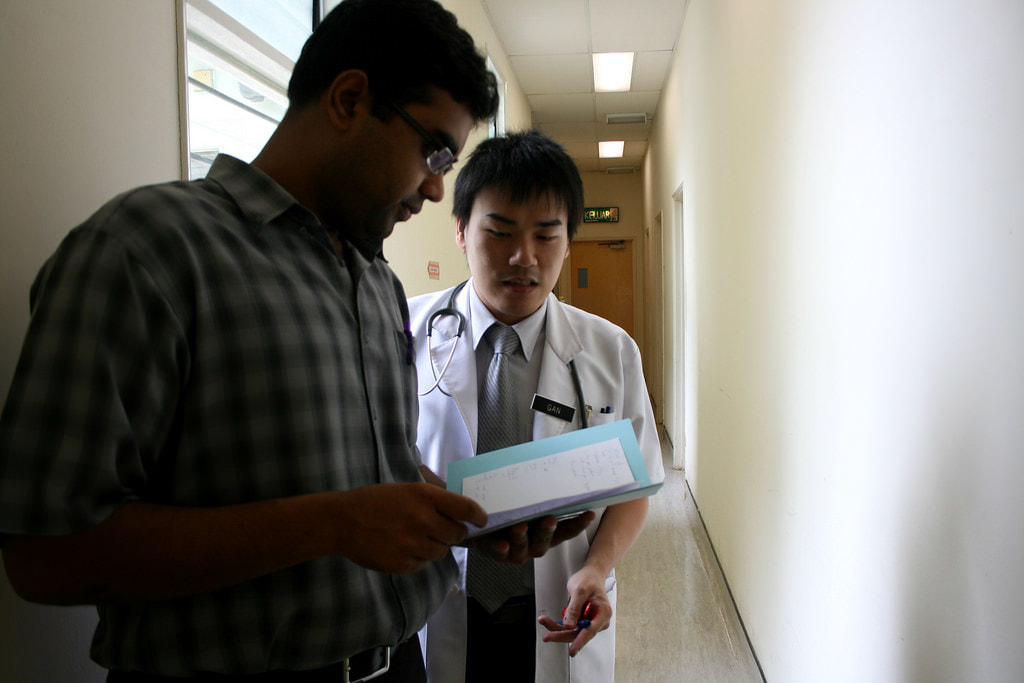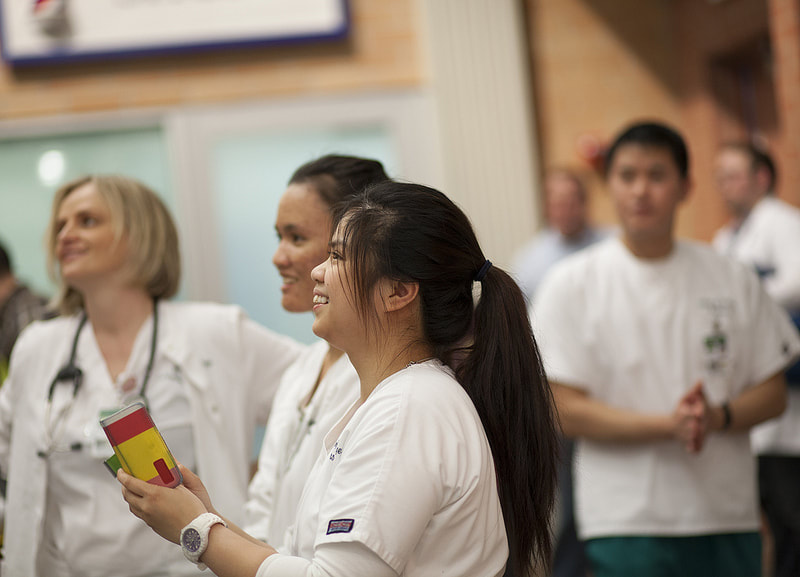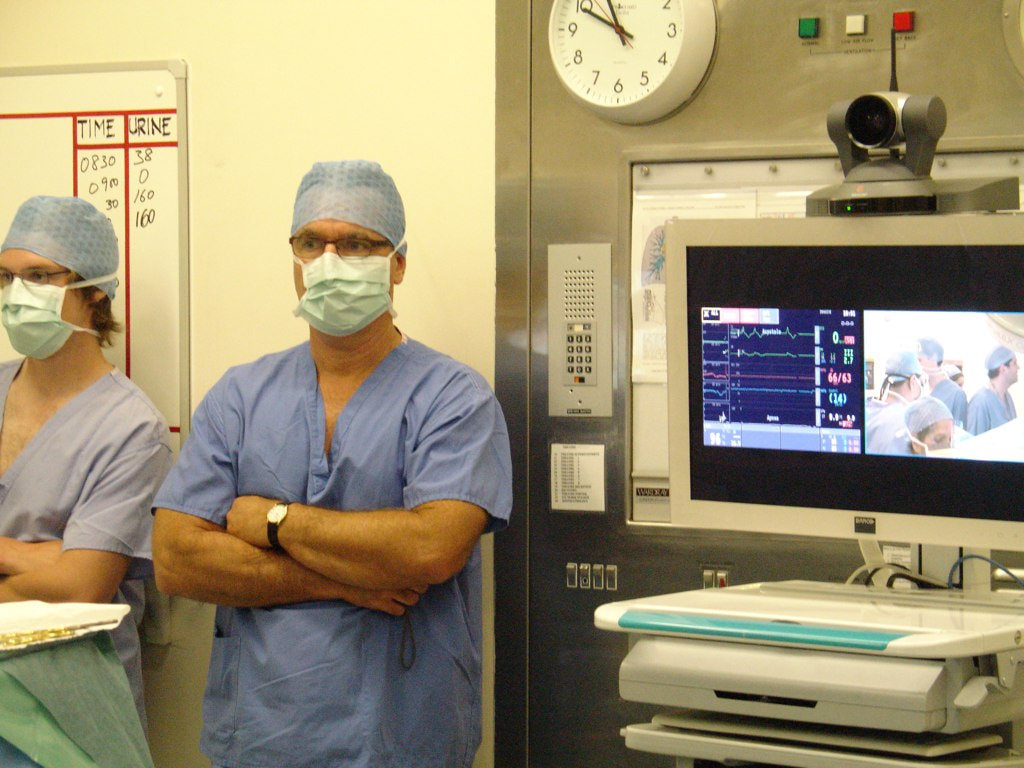- Home
- Process Worldview
- Community
- Art and Music
- Whitehead and Process Thinking
- Podcasts
- Spirituality
- Ecological Civilization
- Education
- Contact
- Social Justice
- Science
- Animals
- Sacred Poems
- Whitehead Videos
- Index of All Titles
- Practicing Process Thought
- Process Spirituality: A Spiritual Alphabet
- Recent Posts
Jesus Is Not an Urgent Care Physician
by Teri Daily
|
|
There is a gospel song performed by the Georgia Mass Choir called “Come On in the Room.” These are the words:
Come on in the room; come on in the room; Jesus is my doctor and He writes out all of my prescriptions, He gives me all of my medicine in the room.[1] This wonderful song raises, for me, the question: if Jesus is a doctor, what kind of doctor is Jesus? After all, there are different kinds of physicians – family physicians, pediatricians, geriatric doctors, surgeons, orthopedists, anesthesiologists, hospitalists, intensive care physicians, urgent care doctors, and emergency room physicians. If I were giving vocational advice to Jesus, I would recommend that he avoid these last two based on our gospel reading from Mark. Medicine that takes place in an urgent care setting requires that the physician focus on the symptom or illness that brings the patient to the clinic that day. The waiting room is often packed, and issues of prevention or nutrition or stress-reduction can’t usually be addressed. In general, those areas are to be explored when the patient follows up with his or her primary care doctor. Jesus would not be a good urgent care physician, because Jesus doesn’t stick to just one dimension of health care. Instead, he buys into the World Health Organization’s more comprehensive definition of health: “a state of complete physical, mental and social well-being and not merely the absence of disease and infirmity.”[2] Take the woman in today’s gospel. Much has been made of the social implications of her hemorrhages. Her constant uterine bleeding would have been cause for her to be separated from mainstream society; people would have steered clear of touching her for fear of being made unclean. Her illness carries social and psychological dimensions that are as significant as the physical dimension. Jesus knew this. He knew that true healing for this woman would not just be physical in nature. Healing must also be about acceptance in the community, about overcoming isolation and alienation; healing in this case must include the healing that can only come through relationships. When Jesus asked the woman to name herself, when he called her daughter, and when he told her to go in peace – this was a testament to the human connection that lies at the heart of our wholeness. We see this so often in the ministry of Jesus – barriers are brought down, boundaries are overstepped, relationships are healed, room is made for everyone. True wholeness can only really happen in community. And then Jesus goes on to heal Jairus’ daughter. Sure, she was part of what must have been one of the most prominent families in town, but still Jewish law held that touching a dead person made one unclean for seven days. Of course, Jesus did it anyway. Besides that, he was concerned about more than just bringing her back to life; he instructed those present to give her something to eat. Bottom line: Although we desperately need them at times, Jesus himself would not be a great fit as an urgent care physician. He’s too interested in comprehensive care. Jesus also does not demonstrate in this passage one of the most important skills of an emergency department physician – the ability to triage. Nurses and physicians who work in emergency situations have to be able to prioritize patients in terms of which one should be seen first. In general, the patient who presents with the more acute and severe medical condition gets to be treated first. Obviously, the patient having trouble breathing is seen before someone with a broken toe. And the patient with acute onset of right lower abdominal pain is seen before a patient who has been having the same, unchanging abdominal pain for ten months. But Jesus doesn’t follow this logic. Instead, while on his way to see the girl who is on the point of death, Jesus stops and addresses the woman who has been hemorrhaging for twelve years, who has already been to many doctors with no improvement, who is at least up and walking around. By our standards, his immediate attention would be best spent on the little girl who is acutely ill; he should give the woman his card and tell her to make an office appointment for the next day. But Jesus stops, sees her, and heals her. Based on today’s gospel reading, Jesus probably wouldn’t be hired as an urgent care physician or an emergency room physician in our own day. So, what does this passage tell us about who Jesus is, about who God is? Well, perhaps Jesus would be a physician practicing integrative medicine if he lived today. Integrative medicine “seeks to restore and maintain health across a person’s lifespan by understanding the patient’s unique set of circumstances and addressng the full range of physical, emotional, mental, social, spiritual, and environmental influences that affect health.”[3] It’s not surprising that Jesus might be that kind of physician; after all, our word “salvation” is related to the Latin word salvus, which can mean “whole” or “not disrupted” or “intact.” Jesus saves us by making us whole – not just in the life to come, but beginning in this life that we live now. And Jesus calls us to work for wholeness in the world as well. It is not always easy to see people in all their complexity and richness. We are specialists in one area or another, and we tend to focus on our particular area. Priests may focus on spiritual health, physicians on physical health, teachers on intellectual health, behavioral specialists on social health, etc. In truth, we know that one of these areas can’t be separated from the others, but it’s remains easy to have tunnel vision. This happens not just with specific areas of functioning. Far too often we reduce people to what we consider to be a “defining” characteristic – a certain race, sexual orientation, location of origin, legal status, gender, age, etc. In fact, sometimes that’s all we can see in someone. When Jesus looks at a person, though, he sees all the dimensions in play and works to make each person whole. Next, Jesus doesn’t worry about time or resources being scarce; he doesn’t deem one person’s health or wholeness more of a priority than that of another. Time and time again the gospel speaks to us of abundance, telling us that in the kingdom of heaven – whether in the world to come or in the world here and now – there is enough for all. If you are anything like me, it is so hard for us to make this truth the reality of our lives, for us to truly trust that we can open our hands in generosity to the world beyond ourselves, this place, this state, this country. We see through the lens of our culture – the lens of a broken world – and not through the lens of the kingdom of heaven. Too many times we fail to see the abundance in our own lives. Paul, in his second letter to the Corinthians, calls on the early church to see with the eyes of God and to work for the wholeness of those outside their own community. Like he does with many of the churches he visits, he urges them to give money to the church in Jerusalem – to “the saints in Jerusalem.” And he urges them to do so out of their abundance. Perhaps this tells us that giving out of our abundance is and always has been difficult for human beings – in every time and place. So, how do we learn to do this? How do we learn to see our lives from a place of gratitude and abundance, and then act accordingly? How do we learn to see people as multi-dimensional and not reduce them to a single facet of their identity? I think we learn to do it the same way we learn to do anything – by practicing. That’s why we call them spiritual practices. What if we made it a spiritual practice to look at our life and try to see the abundance there? What if we made it a spiritual practice to give out of that abundance for the wholeness of others and ourselves – being willing, like Jesus, to break down geographic walls, ethnic walls, ideological walls, and religious walls in order to do so? Just one look at the news is enough to tell us that everything might change if we did. True healing – the kingdom of heaven – happens when we let go of fear and make room for one another in all our particularity. [1] Lyrics on Demand website, https://www.lyricsondemand.com/g/georgiamasschoirlyrics/comeonintheroomlyrics.html. [2] Preamble to the Constitution of the World Health Organization as quoted in “What is Integrative Medicine?”, Duke Integrative Medicine website, https://www.dukeintegrativemedicine.org/about/what-is-integrative-medicine/#fn-410-1. [3] “What is Integrative Medicine?”, Duke Integrative Medicine website (as above). |
